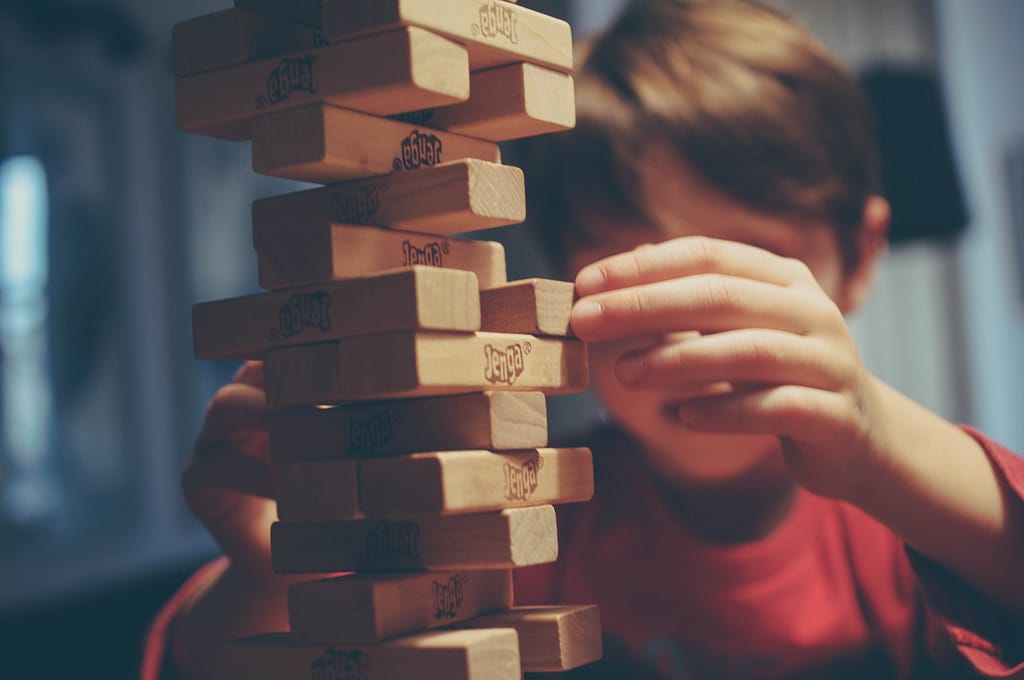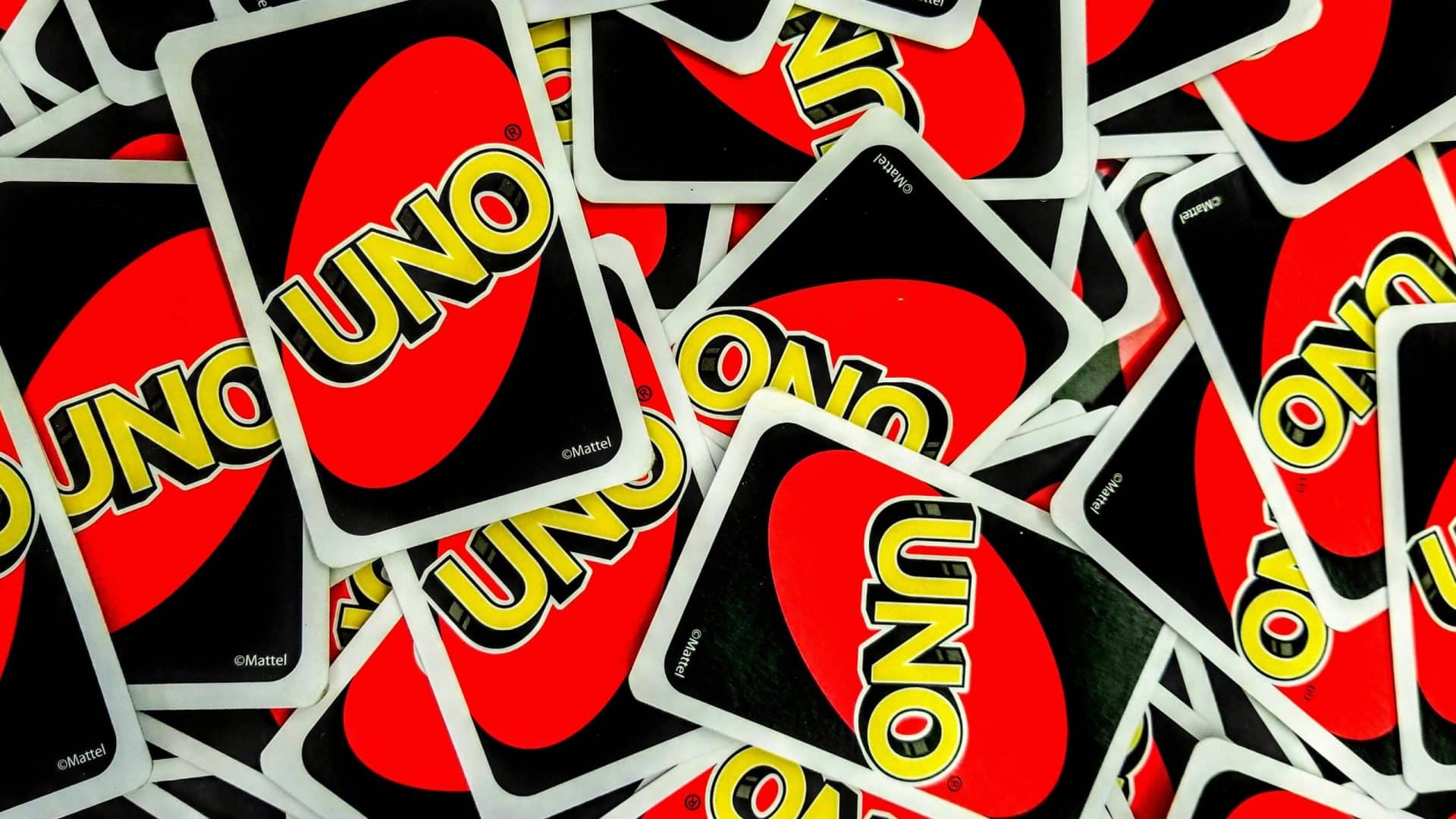The Short Answer Is YES!
As a school-based therapist, the majority of my day is spent playing with toys and games. Chefs have their pans and spatulas, architects have their pencils and measuring tools, I have board games and toys. In technical terms, when therapists use games and toys during the therapeutic process, we call it play therapy. Play therapy has become a highly successful and beneficial approach to helping children process complicated and sometimes traumatic events in their lives. One of the main reasons I use play therapy is because I know many of the kiddos I work with don’t necessarily want to be in therapy and might be scared about meeting with a stranger. One of the most essential tenets of therapy is “meeting the client where they are.” To me, that means creating an environment where individuals feel free and safe to express themselves and be who they are. When working with kids, that means sitting “criss-cross applesauce” on the floor and playing with toys and board games.
Purpose of Play Therapy
From a young age, children begin to understand their world and social rules by playing games. According to the American Academy of Pediatrics, playing games allows children to explore their world and gain skills they can quickly master. Play therapy creates a sanctuary for children where they feel competent and in charge of their environment. Play therapy helps children by encouraging them to choose the game they want to play, learn about rules, observe the therapist model positive behaviors such as taking turns, creates a space for them to express difficult emotions, etc. Play therapy provides children with a safe psychological distance from their problems and their fears. Some of the benefits of Play Therapy are:
–A safe place in which to express their thoughts and feelings.
–Facilitates the development of self-esteem, problem-solving, and coping skills.
-Supports emotional healing and growth.
-Assists children in making decisions and in accepting responsibility for these.
-Develops a child’s ability to explore and practice social skills.
-Fosters a child’s ability to make friends and to understand the world he or she lives in.
-Allows children to discover their natural, inner resources for healing.
-Encourages children to be confident and focused.
-Fosters imagination and creativity.
-A safe environment for children for whom talking is challenging.
How are games helpful?
Therapy can be intimidating, even for adults. If we look at it from the perspective of a child, they are sitting in a room with an adult who is asking them questions and talking about topics that might trigger strong emotions. Intimidation and fear are not conducive to therapy. By playing games and introducing an element of fun, kids feel comfortable because they understand the social contract of playing games; we take turns, we have fun, someone wins, etc. When clients feel comfortable, they are more likely to let their guard down. In addition, there are many play therapy games and interventions that can help us facilitate the processing of intense/scary emotions using a non-scary medium.

Expressing emotions through play
Emotions can be hard to understand and communicate, especially if you are a child and have not yet developed the cognitive and verbal skills to identify and label an emotion or feeling. A typical scenario I find in my line of work; a student is having a hard day because their friend decided to play with another student instead of them. Most kids use the term “upset” when, in reality, they could be feeling a variety of emotions such as anger, betrayal, sadness, annoyance, frustration, etc. Enter play therapy! Think about games and their rules as the vocabulary of children.
Can I use games at home to help my kids?
YES! and no. Playing games with your kids is not only a great way to teach them valuable lessons but also to learn from them. Kids are more likely to share things that are difficult when they feel like the other person is fully engaged with them, and they feel safe. Also, spending quality time with your children can have significant benefits later on in life. However, I always caution parents to make sure they aren’t trying to recreate the therapeutic space in hopes of faster results. There are no shortcuts to therapy. I can’t tell you how many times I’ve had students sit down to play with me and say that they haven’t played a board game in years; some children have never played a board game in their life. In the era of social media and technological advances, board games have become “retro.” Nevertheless, if you are looking for ideas for your next family night stop at your favorite store and take a look at their game aisle!
Resources
https://www.a4pt.org/page/ParentsCornerHomePag
http://cy-hopecounseling.org/blog/benefits-play-therapy
https://www.socialworktoday.com/archive/051711p20.shtml
Cover Photo by Simon Ray on Unsplash
Photo 2 by Michał Parzuchowskion Unsplash
Alejandra is a Registered Associate Marriage and Family Therapist and Professional Clinical Counselor (AMF #105469, APC# 4917). She graduated from Brandman University with a Masters in Psychology; she also holds a Bachelors in Psychology and Criminal Justice from California State University, San Bernardino.
Currently, she works for a non-profit organization that provides mental health services to schools in southern California. In addition, she also works for a private practice where she specializes in working with children, youth, and families suffering from a variety of issues such as academic performance, learning disabilities, depression, anxiety, bipolar, ADHD, Autism Spectrum Disorder, and grief.
-
Alejandra Alvarez, LMFThttps://psychosocial.media/author/alvarez/September 3, 2018
-
Alejandra Alvarez, LMFThttps://psychosocial.media/author/alvarez/September 14, 2018
-
Alejandra Alvarez, LMFThttps://psychosocial.media/author/alvarez/November 20, 2018
-
Alejandra Alvarez, LMFThttps://psychosocial.media/author/alvarez/























